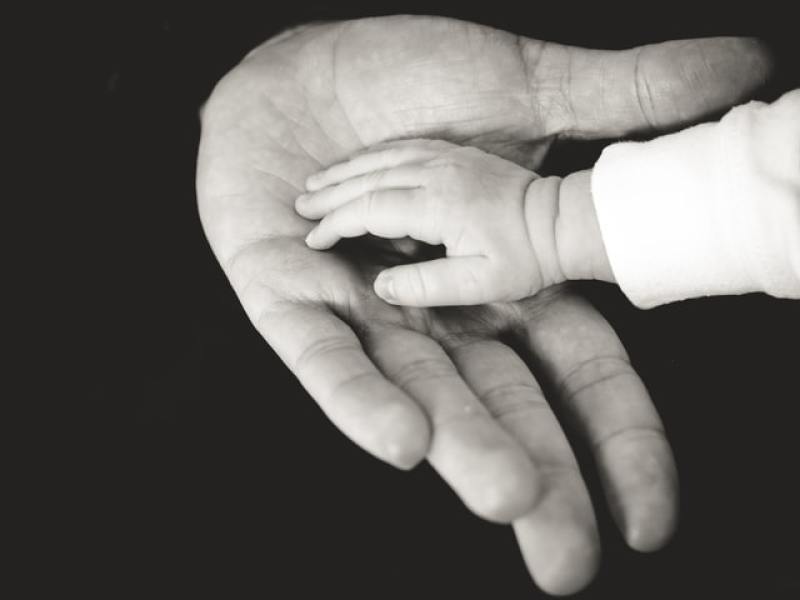
Albert Mohler Jr., president of the Southern Baptist Theological Seminary, thinks that China's recent attempts to limit abortion for "non-medical reasons" demonstrate that an entity "can be anti-abortion and yet not be pro-life."
Mohler expressed his views on the recent move by China's communist government to restrict abortion access in an edition of his podcast "The Briefing" that was uploaded on Monday.
Comparing communist China's system to Western culture, Mohler noted that there is a "distinction between the public and the private" as well as an acknowledgment of private individuals' rights to participate in "mediating institutions."
This means that places of worship are neither private nor public in the sense of belonging to a person or group, as per Mohler.
"But you're not going to find any of that in China, where the totalitarian nature of the government comes down to the meaning of the word totalitarian. The government claims total power over everything, everyone, everywhere, all the time," he remarked.
The Chinese policy restricting couples to having just one child per family was also discussed by Mohler, in which he argued that such policy only led to a spike in abortions, forced sterilizations, and even infanticide, as well as dismal future prospects for the country.
"The Chinese Communist Party wants more babies, it wants more control, it is going to exercise its totalitarian dominion as it claims, and it is going to crack down on abortion," he said.
"But you'll notice, it's not out of concern for the sanctity and dignity of human life. That's not a part of the Marxist communist worldview. It's simply because they want more children to be little soldiers and little industrial workers," he added.
Consequently, Mohler came to the conclusion that "this is not rooted in an argument for the sanctity of human life. And that just shows you that you can be anti-abortion and yet not be pro-life."
CCP policies
The Christian Post reported that Chinese authorities announced in June that couples will be allowed to have up to three children instead of being limited to two because of the country's aging population and declining birth rates.
Changes to China's contentious birth policy were approved by the party's ruling politburo, which is the country's highest decision-making body. Chinese President Xi Jinping reportedly presided over the gathering.
When China implemented a two-child policy to replace its decades-old one-child policy in 2015, mothers were compelled to abort new babies after having two children.
In an effort to reduce population growth in the densely populated country, Communist China instituted a "one-child policy" in 1979 that led to millions of abortions performed against women's will.
A societal preference for boys drove families to kill more female infants when they could only have one child, which fueled the practice of gender-specific abortion.
Following the amendment of the oppressive policy, some Chinese authorities are providing cash incentives to families who have more children, CNN reported.
"So far, their efforts have been met with a lukewarm response at best. Many women, who now enjoy greater educational and career opportunities than in the past, are reluctant to expand their families," the report said.






















